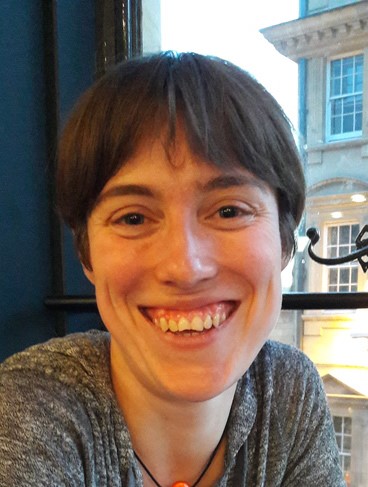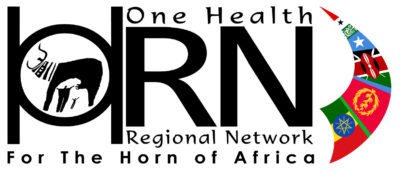Profile
Ophélie Lebrasseur is a trained zooarchaeologist specialising in ancient and modern genetics. Her main research interest lies in the global dispersals of animals through time and the subsequent impact human-animal relationships have had on the development of human societies, animal-human health including genetic diversity, and the environment. She is particularly interested in the last 500 years, when the advent of transoceanic travel made the rapid translocation of animals across long distances possible.
 Ophélie completed her PhD in Archaeology and Anthropology at the University of Durham in 2014 under the supervision of Prof Greger Larson and Dr Una Strand Viðarsdóttir. Her thesis investigated the reliability of modern maternal genetic data in retracing domestication and early dispersals of dogs and chickens.
Ophélie completed her PhD in Archaeology and Anthropology at the University of Durham in 2014 under the supervision of Prof Greger Larson and Dr Una Strand Viðarsdóttir. Her thesis investigated the reliability of modern maternal genetic data in retracing domestication and early dispersals of dogs and chickens.
Following her PhD, Ophélie moved to Oxford where she joined the AHRC-funded project ‘Cultural and Scientific Perceptions of Human-Chicken Interactions’. Combining her ancient genetic results with other archaeological lines of evidence, she retraced the introduction of chickens in Europe and looked into localised and global population selection pressures and population admixture. As a follow-on, she was involved in the AHRC/GCRF-funded project ‘Going Places: Empowering Women, Enhancing Heritage and Increasing Chicken Production in Ethiopia’. Her role was to investigate the introductions of chickens in Ethiopia and the evolution of their genetic diversity into modern times, as well as the emergence of specific traits including disease-resistant genes. In 2017, she pursued her ancient genetic work on dog domestication and dispersal as part of the ERC-funded project ‘Unifying Domestication and Evolution through Ancient DNA’.
